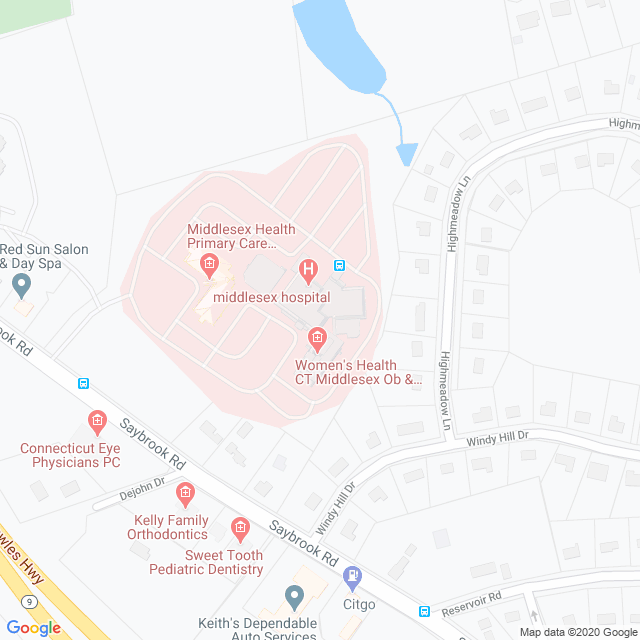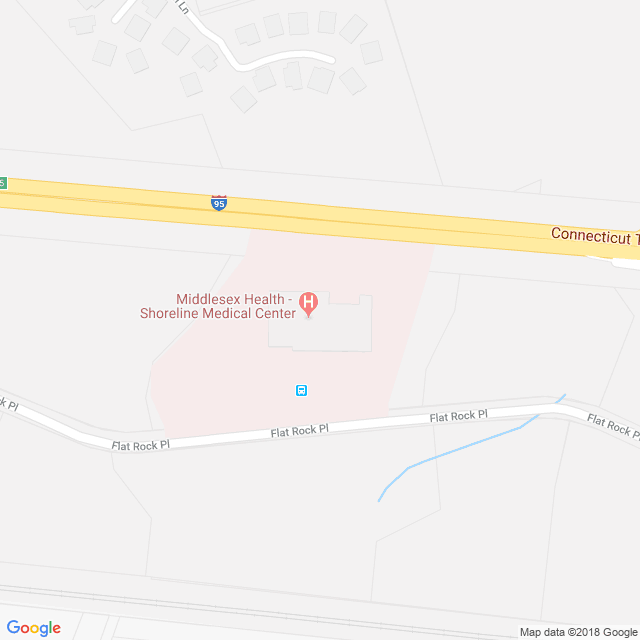
Lung Cancer

Or, if you're not sure what you're looking for, you can:
Browse Specialists
Browse Primary Care
Or, if you're not sure what you're looking for, you can:
Browse All Conditions & Care Services


Lung cancer is the most common cancer in the world. However, the condition has few symptoms until it reaches the later stages. The diagnosis may feel overwhelming, but Middlesex Health's talented team of pulmonologists, thoracic surgeons, and oncologists work together closely to support our patients throughout their treatment.
In fact, our Lung cancer screening program has been recognized as a Lung Cancer Screening Center of Excellence. This designation is from the GO2 Foundation for Lung Cancer. It affirms our commitment to responsible, high-quality screening practices and our compliance with rigorous standards.
In addition, as a Mayo Clinic Care Network member, Middlesex Health patients can receive second opinions from the world's leading lung cancer experts at no extra cost. This partnership brings world-class care back home to Connecticut.
As always, Middlesex Health is dedicated to caring for a patient's whole health - body, mind, and spirit. Our patients have access to a variety of supportive care programs, including massage, social work, physical rehabilitation, and more.
Lung cancer is a disease caused by uncontrolled cell division in your lungs. Your cells divide and make more copies of themselves as a part of their normal function. But sometimes, they get mutations that cause them to keep making more of themselves when they shouldn’t. Damaged cells dividing uncontrollably create masses, or tumors, of tissue that eventually keep your organs from working properly.
There are many cancers that affect the lungs, but we usually use the term “lung cancer” for two main kinds: non-small cell lung cancer and small cell lung cancer.
Common symptoms of lung cancer include a new cough that lasts for a long period of time, shortness of breath, wheezing and constant chest pain. However, most patients do not experience these symptoms until their cancer has reached stage 3 or stage 4.
Early-stage lung cancer usually does not have symptoms. That's why Lung Cancer Screening is recommended for those with a high risk of lung cancer. It helps your doctor detect lung cancer at stage 1 or stage 2, when it can be most easily treated.
Smoking is the leading risk factor for lung cancer, and according to the American Cancer Society, 80% of lung cancer deaths are in those who had a significant smoking history. The longer you smoke and the more packs a day you smoke, the greater your risk. Secondhand smoke exposure also increases your risk for developing lung cancer.
Other risk factors can include:
There are several diagnostic tests available for lung cancer.
The evidence-based treatment plan your doctors choose is based on a number of factors: type of cancer, grade and stage of the cancer, your overall health, and your treatment preferences.
Surgery is the cornerstone of therapy for early-stage lung cancers. There are several surgical techniques - including Robot-Assisted Thoracic Surgery - that may be utilized to treat and cure lung cancer. A thoracic surgeon will evaluate the appropriateness of surgery and the most effective methodology based on an individual’s tumor location, baseline lung function, and comorbidities.
Chemotherapy for lung cancer involves the use of medications to shrink or kill cancerous cells.
The board-certified medical oncologists, nurses, and technicians at Connecticut Oncology Group provide the most effective, advanced care with warm, personal attention and support for patients and their families. Your medical oncology team will work closely with your other providers and help provide access to clinical trials.
Radiation oncology is the highly-controlled use of radiation to cure or treat symptoms of your cancer.
Learn more about radiation therapy options at Middlesex
Jessica Poetzsch, MSN, RN, OCN, MEDSURG-BC is the Nurse Navigator at the Middlesex Health Total Lung Care Center
Nurse Navigators are specialized Registered Nurses who guide patients through their care journey. They can provide education and support, and they help connect patients to other supportive services, such as social work or nutritional counseling.
2 Specialty Care Locations


